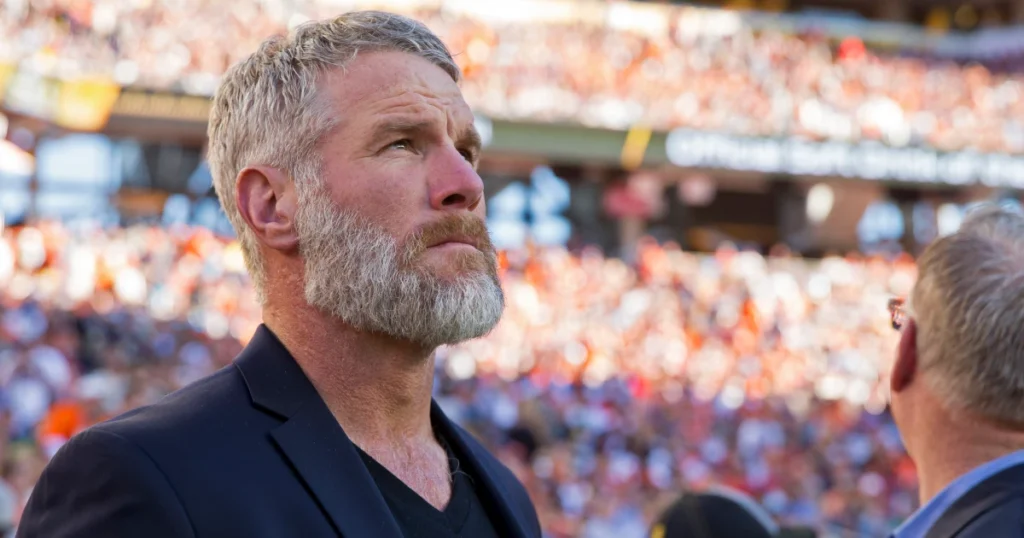Brett Favre, one of the NFL’s most celebrated quarterbacks, has publicly announced that he has been diagnosed with Parkinson’s disease, a revelation that adds to the complex narrative of his life post-football. The 54-year-old former player, who is best known for his illustrious 20-year career primarily with the Green Bay Packers, shared this news during a US Congressional hearing linked to a welfare fraud case in Mississippi.
Favre’s remarkable career included numerous accolades, including three consecutive NFL Most Valuable Player (MVP) awards from 1995 to 1997 and a Super Bowl victory in 1997. However, his legacy has been overshadowed in recent years by his involvement in a civil lawsuit regarding the misuse of federal welfare funds. During the hearing, Favre discussed the financial loss he incurred from an investment in a company he believed was developing a breakthrough concussion drug. “Sadly, I also lost an investment in a company that I believed was developing a breakthrough concussion drug I thought would help others,” he stated. “I’m sure you’ll understand, while it’s too late for me because I’ve recently been diagnosed with Parkinson’s, this is also a cause dear to my heart.”
Despite the serious nature of his diagnosis, Favre has maintained that he has not committed any wrongdoing concerning the welfare fraud allegations, which involve a demand for repayment of $727,000 (£543,000) in interest from the Mississippi state auditor. This financial strain adds to the complexities of his current situation, especially as he navigates the challenges posed by Parkinson’s disease.
Favre’s health has been a concern for some time; he previously acknowledged experiencing memory loss, which he linked to the long-term impacts of head injuries sustained during his football career. In December 2009, the NFL admitted for the first time that concussions could have lasting consequences for players, a statement that marked a pivotal moment in the league’s approach to player safety. Following a landmark $1 billion settlement in 2015 aimed at compensating former players for concussion-related issues, the NFL committed to investing $100 million (£75 million) in medical and engineering research in 2016.
As Favre embarks on this new chapter of his life, his diagnosis not only highlights the ongoing concerns surrounding player safety in football but also serves as a reminder of the personal struggles faced by many athletes after their careers end. The impact of head injuries and the lingering effects of concussion are critical issues that continue to resonate within the NFL community.
As Favre navigates these challenges, both his health and legal matters will undoubtedly draw attention, not just from sports fans but also from those concerned about the broader implications of player welfare and the ongoing conversation around concussion-related injuries in professional sports.



